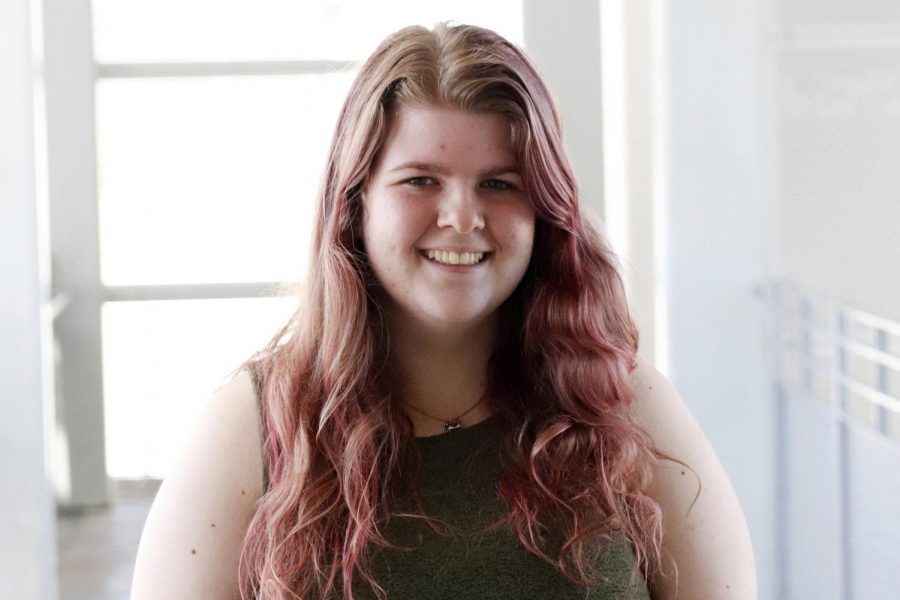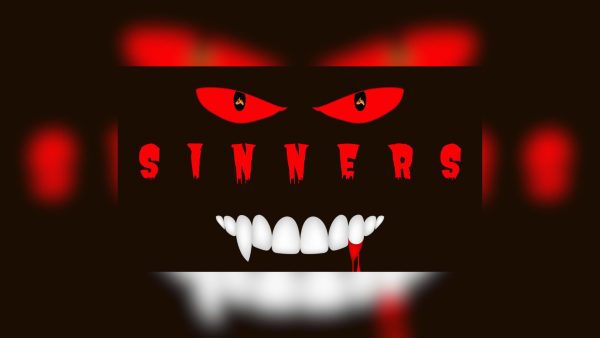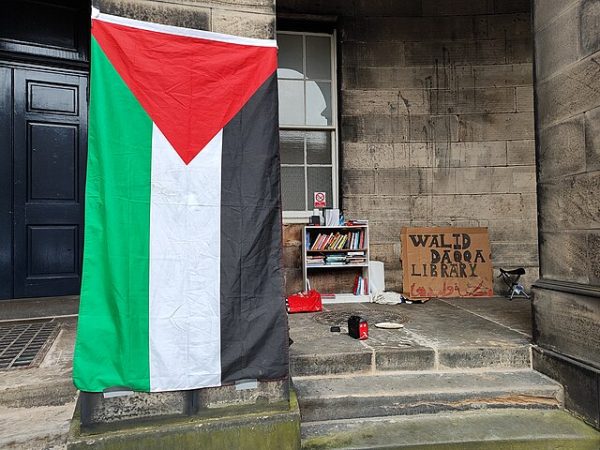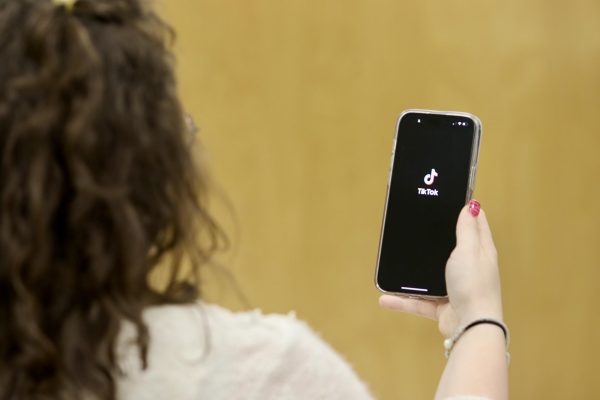Conditions of COVID-19 vs the Flood of 2016
In August of 2016, southern Louisiana was hit with an unprecedented amount of rainfall that led to one of the most catastrophic natural disasters in the state’s history.
Thousands of Louisiana residents had to be rescued from their homes, and even more were displaced for several months following the flood.
This seems to be the opposite of what is happening now with the coronavirus outbreak. Instead of not being able to stay in our own homes, now we can’t leave them. People are adjusting to a more isolated lifestyle as social distancing measures are being enforced to prevent the spread of the virus.
One thing that these events had in common, at least in my experience, was how suddenly and unexpectedly they happened.
On the second day of my sophomore year of high school, I was already on the bus heading to school when my mom called to tell me school was canceled due to the weather. My bus driver had to turn around and drop everyone back off at their stops.
At first, I thought we would just miss one day of school, which isn’t unusual when you grow up with the unpredictable nature of Louisiana’s weather. But after a few hours, the rain still hadn’t stopped. The next morning, my parents woke me up early and told me to start packing because we were going to stay with my grandfather.
We drove to my grandfather’s house on Saturday. By Sunday night, my house had five feet of water in it.
Going back to my house after the water went down was almost surreal. We had to gut the whole house before it got any worse, which meant that everything had to go.
Some of my parents’ friends had offered to help us, but that almost seemed to make it worse. Before I knew it, I was sitting in what remained of my childhood bedroom watching ten strangers throw everything I owned into a pile in my backyard like it was nothing. In less than a week, it seemed like I had lost everything that was important to me.
The coronavirus outbreak was a little more gradual, but the effects on my life and those around me happened more abruptly.
On Monday, March 9, I began what I thought was going to be a normal week of school. By that Wednesday, everyone had heard about the first few presumptive positive cases in the state. Students began talking about the possibility of school closing. On Thursday, it was announced that we would be switching to online classes.
In one week, everything seemed to change. Students moved out of their dorms and back to their homes. Professors had to adapt to an online setting, even for music and art classes.
COVID-19 is affecting everyone. Even if you don’t have the disease, everyone’s lives are changing as we adjust to staying at home and away from the general public. The most important thing to remember is that everyone else is going through this too.
In one way, I guess the flood of 2016 prepared me for dealing with the outbreak. I’ve already dealt with one unpredictable event in the past, so when this one began, I wasn’t as scared as I thought I would be. I’m dealing with the exact same sense of uncertainty.
I may not know when I’ll go back to school or when I’ll be able to see my friends in person again, but I do know that eventually, to some degree, things are going to go back to normal.
Surviving this outbreak is possible, and I do believe that we’ll get through it. However, the longer people ignore the rules put in place for our safety, the longer we’ll have to deal with it. Stay home so you can stay safe.
Your donation will support The Lion's Roar student journalists at Southeastern Louisiana University.
In addition, your contribution will allow us to cover our annual website hosting costs.
No gift is too small.
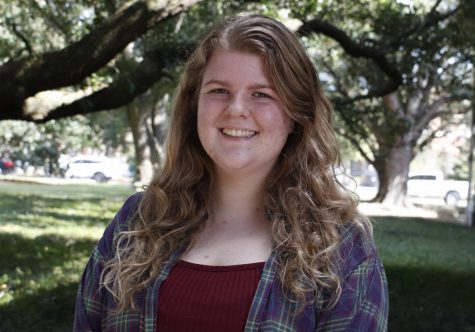
Maggie Tregre is an English education major from Baton Rouge, LA. She worked as a staff reporter and editor-in-training for The Lion's Roar from September...


